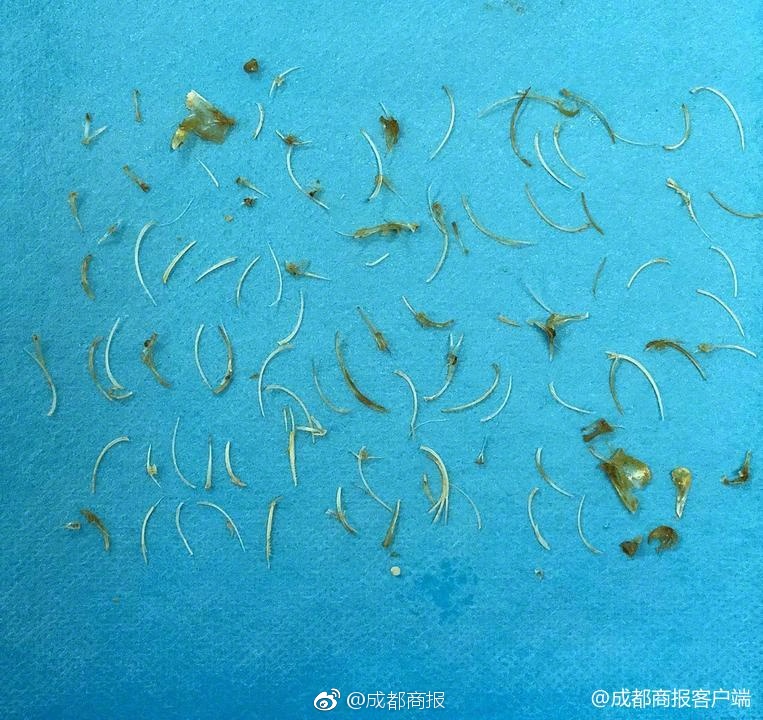
Binance market-APP, download it now, new users will receive a novice gift pack.
OKX Wallet apk download latest version
author: 2025-01-23 04:38 Binance wallet
Binance wallet
411.18MB
Check OKX app
OKX app
648.63MB
Check OKX Wallet Sign up
OKX Wallet Sign up
848.62MB
Check OKX review
OKX review
642.39MB
Check Binance login
Binance login
419.71MB
Check Binance login
Binance login
154.44MB
Check okx.com login
okx.com login
418.73MB
Check Binance APK
Binance APK
631.58MB
Check Binance wallet
Binance wallet
339.49MB
Check Binance US
Binance US
753.28MB
Check Binance app
Binance app
517.95MB
Check OKX Wallet
OKX Wallet
816.61MB
Check Binance login
Binance login
889.98MB
Check OKX Wallet apk download latest version
OKX Wallet apk download latest version
556.99MB
Check Binance download
Binance download
185.93MB
Check OKX review
OKX review
116.96MB
Check Binance Download for PC Windows 10
Binance Download for PC Windows 10
398.81MB
Check Binance login
Binance login
966.31MB
Check Binance US
Binance US
199.64MB
Check Binance US
Binance US
285.79MB
Check OKX Wallet
OKX Wallet
272.81MB
Check Binance app
Binance app
875.41MB
Check Binance APK
Binance APK
489.74MB
Check Binance download iOS
Binance download iOS
315.65MB
Check OKX review
OKX review
828.43MB
Check Binance wikipedia
Binance wikipedia
892.33MB
Check Binance login
Binance login
671.66MB
Check Binance wikipedia
Binance wikipedia
792.53MB
Check Binance Download for PC Windows 10
Binance Download for PC Windows 10
142.96MB
Check OKX Wallet to exchange
OKX Wallet to exchange
946.72MB
Check Binance login
Binance login
498.31MB
Check OKX Wallet APK
OKX Wallet APK
239.98MB
Check Binance download Android
Binance download Android
182.63MB
Check Binance app
Binance app
649.17MB
Check Binance download
Binance download
637.79MB
Check OKX Wallet download
OKX Wallet download
719.12MB
Check
Scan to install
Binance market to discover more
Netizen comments More
2747 生搬硬套网
2025-01-23 04:38 recommend
1001 立人达人网
2025-01-23 03:22 recommend
451 开花结实网
2025-01-23 03:16 recommend
1502 含糊其辞网
2025-01-23 02:59 recommend
2519 自树一帜网
2025-01-23 02:47 recommend